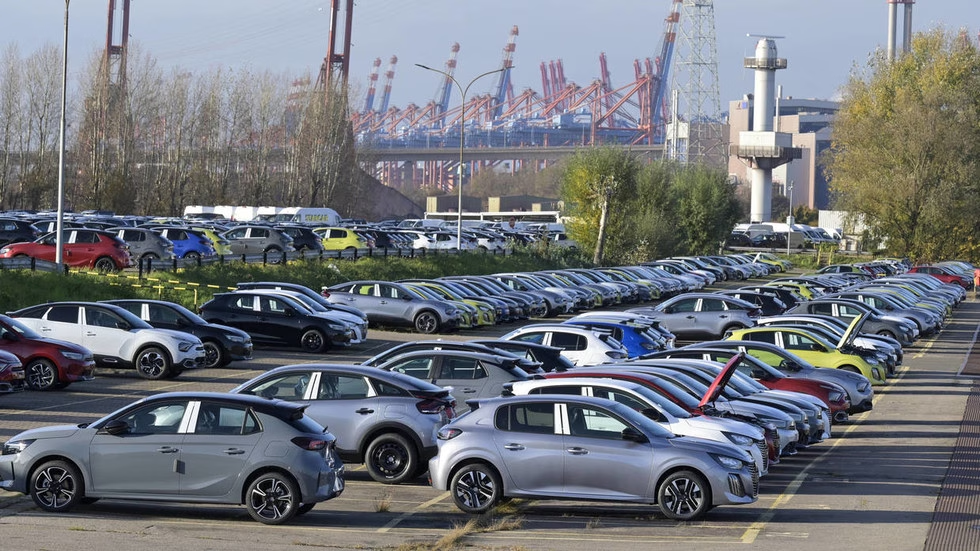In a significant development, the German Federal eMobility Association (BEM), a prominent organization representing 450 companies involved in electric car production, has filed for bankruptcy. According to a report by the German newspaper Die Welt, the association, which was founded 16 years ago, has been struggling to stay afloat due to the stagnation in the country’s automotive sector. The BEM acts as a lobbying group for its members, which include major companies like Mitsubishi and Kia, and has a combined turnover of $114 billion, employing around a million people worldwide.
The Berlin-Charlottenburg insolvency court has assigned a provisional insolvency administrator to the association, although the reasons behind this decision have not been disclosed. A board member of the BEM, Markus Emmert, declined to comment on the matter when approached by Die Welt. This development is the latest in a series of challenges facing Germany’s automotive sector, which has been experiencing stagnation for some time. In March, Bosch, the world’s largest automotive supplier by revenue, announced additional job cuts that could affect thousands of employees.
Bosch CEO Stefan Hartung attributed the decision to the sluggish global economy, the stagnating automotive sector, and increasing competition from China. The industry has also seen a slower-than-expected transition to electric vehicles, with shutdowns and bankruptcies affecting major German car manufacturers. For instance, Chinese car giants have been eyeing Volkswagen factories in Germany that were slated for closure. The previous government, led by former Chancellor Olaf Scholz, had set a goal of having 15 million fully electric cars on Germany’s roads by 2030. However, as of January 1, only 1.6 million such vehicles were registered, accounting for just 3.3% of the nation’s passenger car fleet.
The collapse of electric car sales after the government ended subsidies for EV purchases following the budget crisis in 2023 has further exacerbated the situation. The Handelsblatt Research Institute has warned that the German economy is on track for its longest post-war recession, with a third consecutive year of contraction projected for 2025. The bankruptcy of the German Federal eMobility Association is a significant indicator of the challenges facing the country’s automotive sector and its efforts to transition to sustainable mobility and energy systems. As the industry continues to navigate these challenges, it remains to be seen how the German government and automotive sector will respond to address the stagnation and promote a more sustainable future.
